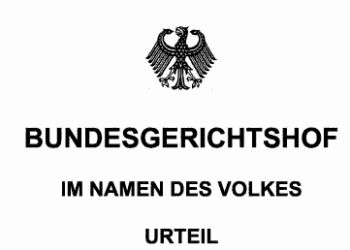As I am currently representing a client who sells collectible figurines from games and comics on eBay, I came across a recent ruling by the Federal Fiscal Court that sellers on eBay should definitely keep in mind. The BFH has ruled that a seller who sells several hundred auctions per year on eBay is engaged in a sustainable and therefore taxable activity for VAT purposes within the meaning of Section 2 (2) of the German Income Tax Act (Umsatzsteuergesetz). 1 of the Value Added Tax Act (Umsatzsteuergesetz, UStG) would exercise.
The plaintiff in this case purchased items at household liquidations and sold them at approximately 3,000 auctions over a period of five years, generating income of approximately €380,000. The BFH, referring to its ruling of April 26, 2012 – V R 2/11 , considers this to be a sustainable activity within the meaning of Section 2 (2). 1 UStG. In its remittal, however, the Federal Court of Justice ordered the Tax Court to make up for the previously missing findings on the taxation of differences pursuant to Section 25a of the German Turnover Tax Act (UStG). Accordingly, in the case of a reseller who trades commercially in movable tangible property or sells such property at public auction in his own name and to whom such property has been supplied – as here in the context of private household liquidations – without VAT being due on it, the turnover is not measured according to the sales price, but according to the amount by which the sales price exceeds the purchase price for the property.
It is interesting to note that the lack of records of purchases does not necessarily prevent the taxation of differences, since in this case the value of purchases may have to be estimated. If the differential taxation is to be applied on this basis, there will be a considerable reduction of the tax claim.
























